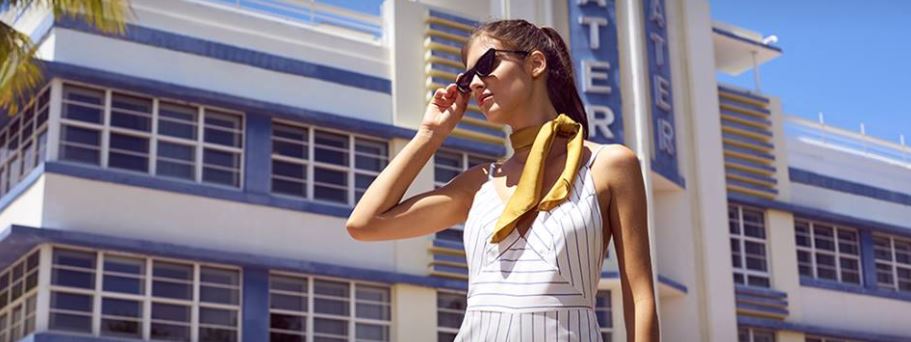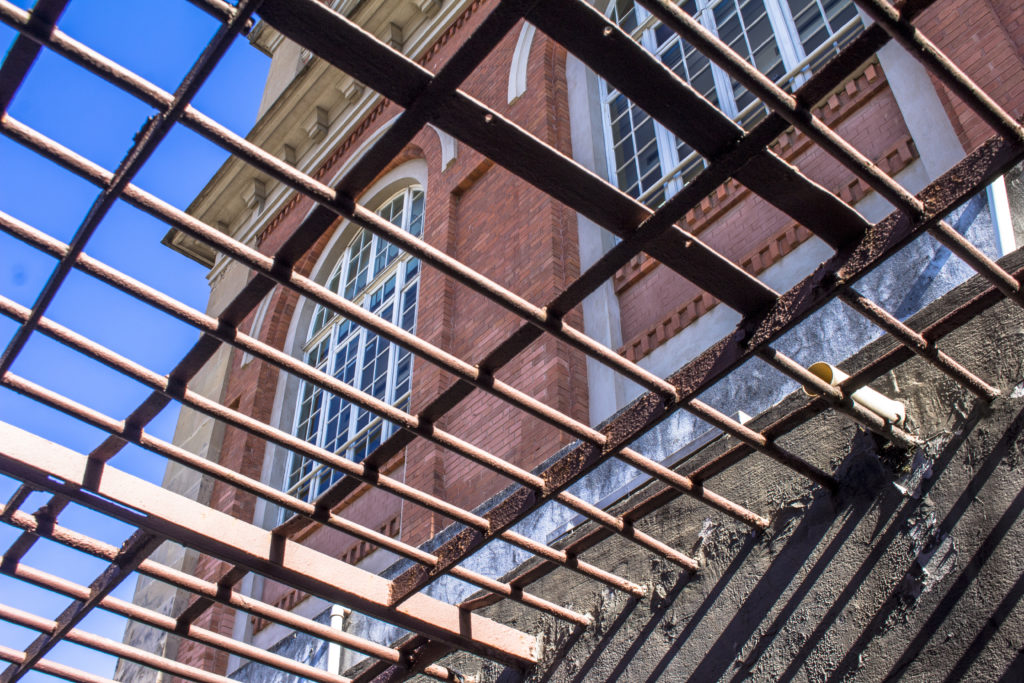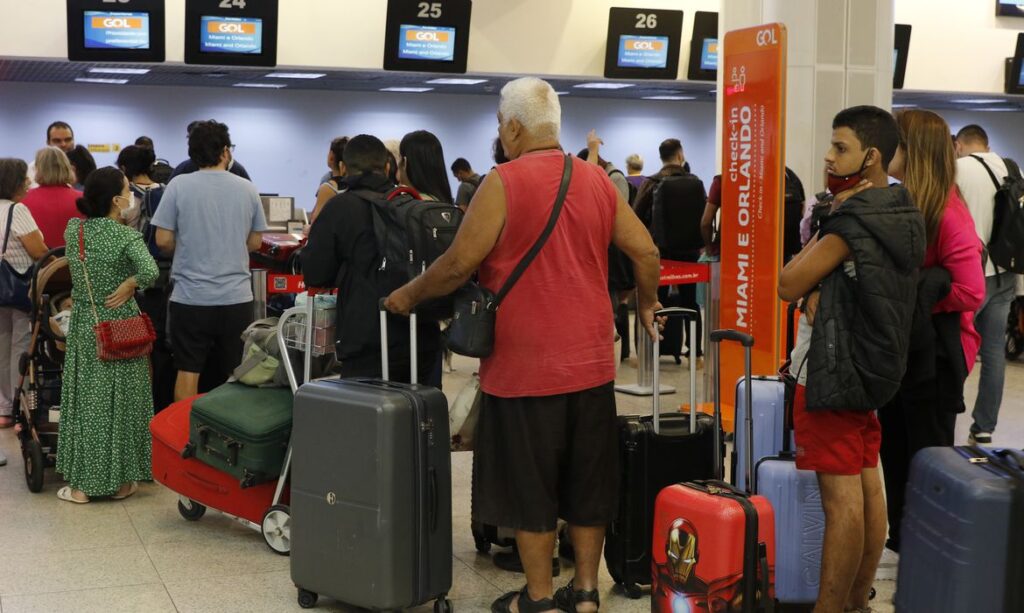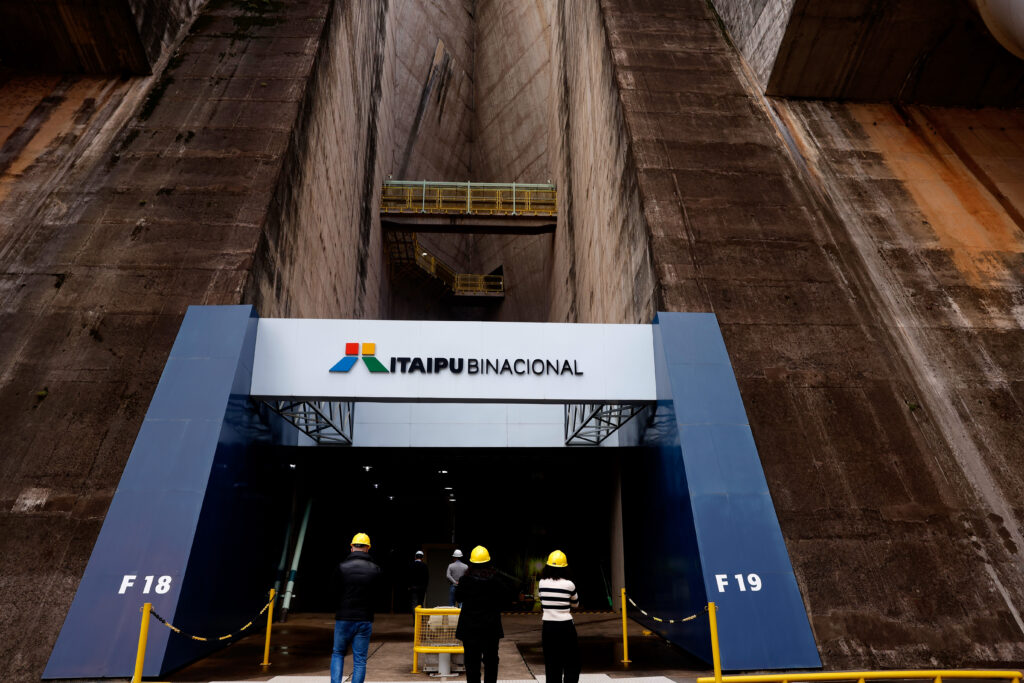We’ve all experienced the downfalls of shopping for clothes online, the disappointment of trying on a new purchase only to realise it doesn’t fit. The returns process begins, we have to wait for our bank accounts to be reimbursed and sometimes – out of pure laziness – we don’t even bother to send back faulty or ill-fitting items.
However, São Paulo-based fashion startup AMARO aims to provide the perfect solution for the frustrated internet shoppers among us. Having started out in 2012 as an e-commerce website, the brand stocks Brazil’s latest trends for buyers to browse and purchase online. Since launching, however, the team realised that by combining elements of high-street shopping with virtual shopping, they could provide an even better service for their fashion-conscious customers.
In 2015, the startup-turned-fashion label decided to open ‘guide shops’ across the cities of Rio de Janeiro and São Paulo, giving shoppers the opportunity to try on and feel the clothes they would have originally had to imagine, with only an image or video for inspiration.
The principal motivation behind the idea was not to replace the online stores with physical ones, but combine the two. The guide stores display a selection of AMARO’s 10,000-piece collection, whilst also housing several computers for customers to make their purchases, once they have managed to get a feel for the items. Shoppers can also use their smartphones to order items by electronically scanning them in-store.

Image courtesy of @Amaro – Twitter.
“We have to go offline to attract the online consumers. Guide shops answer the frequently-asked-questions by first buyers and give credibility to a new brand,” CEO Dominique Olivier told Brazilian magazine Exame in May of this year. Originally from Switzerland, the entrepreneur previously worked in investment banking before deciding to launch his own e-commerce startup.
AMARO now has 13 guide stores across Brazil, from which one third of the brand’s purchases are made at competitive high street prices. The rest are carried out online, just like any normal internet shop.
Working with a maximum time frame of two days and a small delivery charge, items can either be delivered to shoppers’ home addresses or picked up in store, for no extra cost.
Aside from its business model, another aspect of AMARO that makes the startup unique is its use of data collection to stay up-to-date with the latest trends via social media. Through influencers and partnerships, AMARO monitors the activity of its 450,000 Instagram followers to provide them with exactly what they want. This way, the brand is able to constantly launch new items in a short space of time.
Despite being a relatively novel idea, AMARO’s business model is working, with the company’s income doubling in 2017. Indeed, the startup strikes the perfect balance between e-commerce which – in Brazil – is one of Latin America’s leading markets and the high-street, which is extremely difficult to enter into as a new brand.
Recently voted the 22nd-best Brazilian startup to work at by LinkedIn, AMARO’s future plans involve continuing to launch guide stores across the country – with the next planned for the city of Belo Horizonte – as well as developing its brand.










